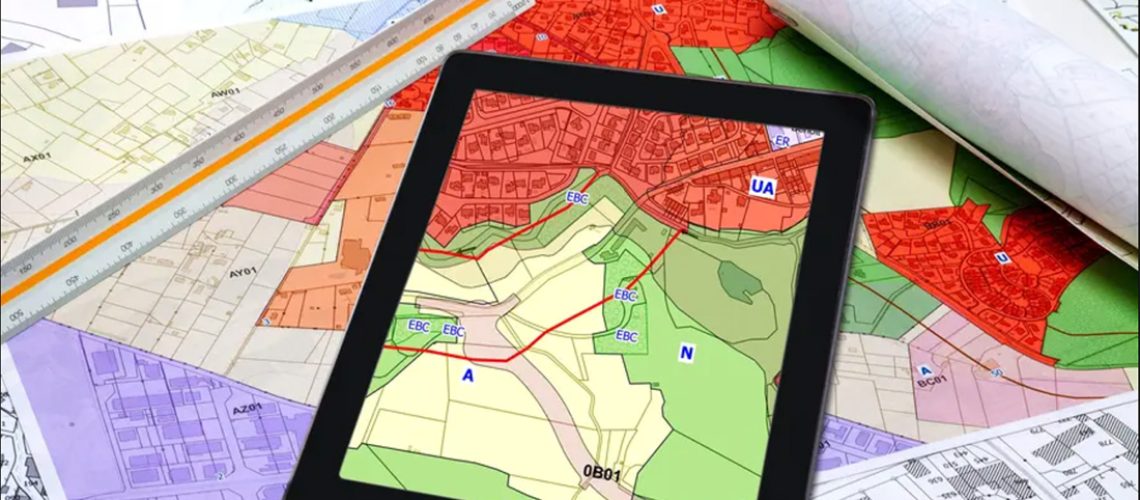Land use law generally refers to local zoning and other laws which regulate the use of land. For example, certain zoning districts limit land use in those districts to residential use. Other districts might be limited to commercial use, or industrial use, or agricultural use. Laws like this help to preserve the value of properties, and they also protect the land owner. Commercial users and homeowners want to be
near enough to each other to be convenient, but they do not want to interfere with each other’s enjoyment of their home or business.
When it is time to develop a piece of property, local government approval is required for a site plan, subdivision plat, or any number
of other “development orders”. Some of these approvals can
be issued by the local government staff. Others might require
public hearings in front of the Planning and Zoning Board, City Council, County Commission, or a combination of them. At these hearings, neighboring property owners may voice their concerns
or ask questions, while evidence is presented by the land owner to demonstrate whether the application meets the legal requirements of the law. Often lawyers, civil engineers, land use planners, and traffic engineers are involved and must testify. It is important to present
a coherent picture to the decision makers so that they do not get sidetracked by irrelevant or unsupported allegations. The land use attorneys, project engineers, and the local planning staff can be very helpful in this regard.
Other land use issues might involve easements, prescriptive rights, eminent domain, deed restrictions, or roadway dedications or abandonment. Landscaping requirements, tree removal regulations,and aesthetics and safety are also involved: there may be height restrictions, or setback requirements applicable in one zoning district, but different in another district.
Fire safety is also involved in the design of roads, turn-arounds, and the availability of water.
Many times a jurisdiction’s Comprehensive Plan comes into play with land use issues. The Comprehensive Plan dictates not only where certain zoning districts should be located, but also it will also set standards for how well public services such as roads, utilities, recreational spaces, and economic development plans should function.
Land use attorneys help property owners navigate through the various aspects of planning, zoning and land use law. In communities such as ours, and in times like this, we are kept very busy, and thankfully so!

